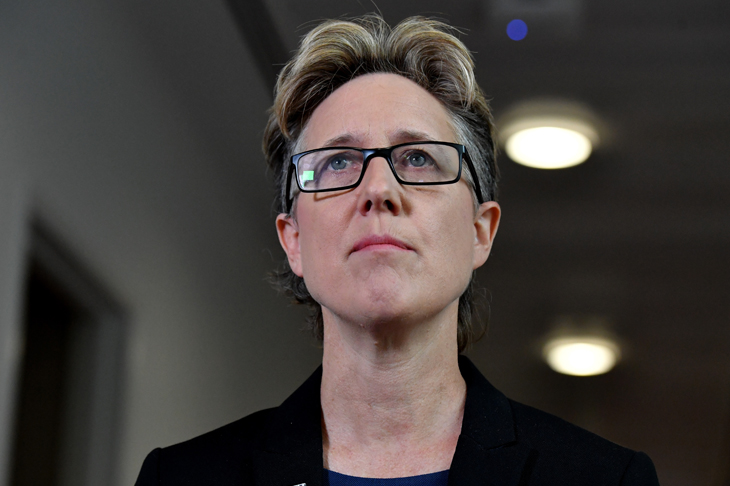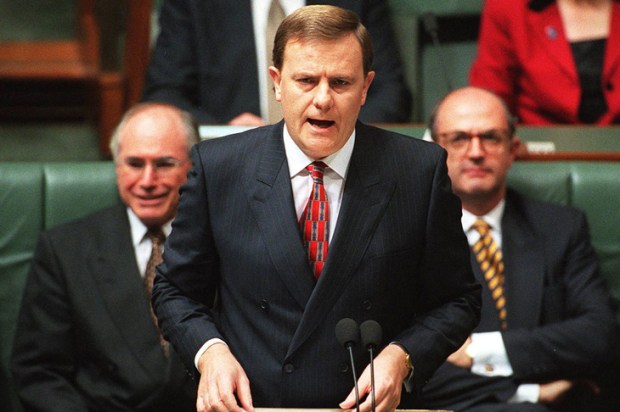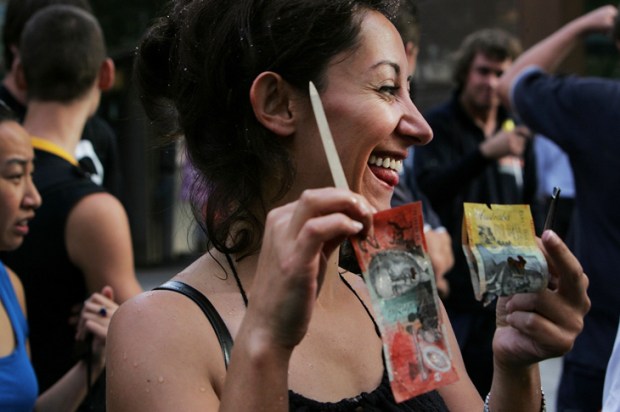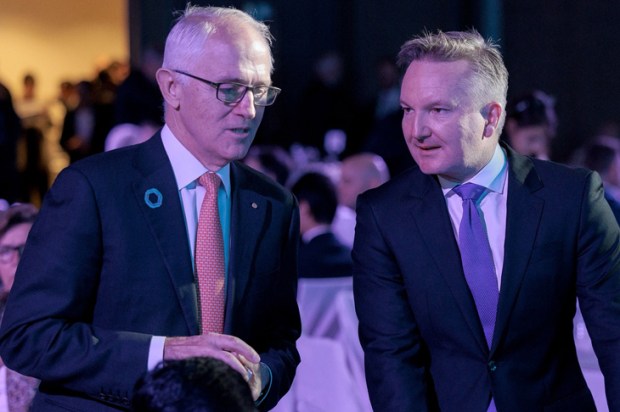Just how bad are the business groups that litter Australia’s corporate landscape? Think here the Business Council of Australia, the Australian Industry Group, the Master Builders’ Association and the Council of Small Business Australia.
They have always been pretty bad, although back in the days of industry protection and high tariffs, the business groups were an inevitable cog in the wheel of the corporate state. Shielded from the forces of competition, someone had to make sure that the favours businesses relied upon kept coming. For this reason alone, it was worthwhile for most businesses to pay to join up.
Fast-forward to the present and the business groups are mere shells of their previous incarnations, hiding the extent of their real membership and representativeness. The leaders, most of whom have held their positions for way too long – nowhere else to go, perhaps? – have wandered into green, woke territory while forgetting their real role, which is to demonstrate the value that business plays in a modern economy and provide useful services to members.
Let’s consider the Business Council of Australia. Representing the largest firms in Australia, the BCA was once a force for good by promoting sound economic policy. This was partly a reflection of the leadership at the time, particularly ex-Treasury official, Peter McLaughlin, as chief executive and Hugh Morgan as president. These days, the BCA is a mouthpiece for every progressive cause loved by inner-city dwellers and doctors’ wives. Its membership is a motley collection ranging from some of the obvious companies to Twitter and Facebook; from some universities to the big professional service firms (accounting, law, consulting).
Take the BCA’s mission – who doesn’t love a mission? – ‘we work to ensure Australia is economically strong to support a fair, free and inclusive society for all Australians’.
Are those overpaid, jumped-up executives kidding? Do they think the BCA is the government? And, by the way, I didn’t see many of them going to the barricades to protest the governments’ over-the-top, freedom-sapping restrictions imposed in the name of controlling Covid. I guess they were too busy negotiating more Covid-related handouts from governments.
These days the role of president of the BCA is held by a retired executive, the argument being that current executives don’t have enough time for the job. The current prez is Tim Reed, former CEO of MYOB. He recently expressed the view that the coming budget will ‘test the government’s preparedness for real reform’. (Pause here for laughter at upcoming Reed sermon.)
The budget needs ‘to improve the economic security of women in our community, including through childcare and paid parental leave reform. We need to encourage greater investment in projects that transform our economic base, including accelerating decarbonsiation, allowing us to not only achieve net zero emissions by 2050 but also creating new, clean, export industries and thereby assist other countries carbonise’.
What a bloke from an accounting software company would know about this stuff is anyone’s guess, but it sounds so heart-warmingly woke he knows it must be right. Mind you, the BCA members should have felt extremely embarrassed last year when the dirty side-deal between the ACTU and the BCA – Sally McManus and BCA chief executive, Jennifer Westacott, are clearly besties – was exposed during Christian Porter’s IR talkfest and quickly hit the cutting room floor.
Gosh, all the BCA wanted was a preferential arrangement for union agreements – unions make up less than 10 per cent of the private sector workforce but are important in some big businesses. Who could object to that? Well, actually all the other business groups (and every other sensible person).
Don’t get me wrong here; it’s not just the BCA. At the other end of the spectrum is COSBOA which also has a long-term executive, Peter Strong. With the IR omnibus bill going down to the wire in the Senate, quite amazingly COSBOA struck a deal with the ACTU whereby small businesses would not be protected from claims for back pay from casual workers.
Now, I know you think I have made a mistake here. After all, the percentage of workers employed by small businesses who are union members is essentially zero. And why would COSBOA take the bewildering route of exposing small businesses to these potential claims rather than have legislation take away the risk, which latter the government succeeded in doing.
Both the president of COSBOA and Strong were very put out by the reaction of the other business groups. The claim was that they had been misunderstood.
But just to demonstrate that there were no hard feelings on the part of COSBOA for the fine efforts of the ACTU, secretary Sally McManus was invited to be the keynote speaker at the most recent COSBOA conference.
Digging itself into a further hole, COSBOA has now urged the government to proceed with the wage theft (underpayment) provisions of its IR omnibus bill – even higher penalties, possible jail time – and to forget the other changes that were part of the bill.
No doubt, Sally is onside. Again some of the other employer groups have quite understandably arced up.
The BCA and COSBOA have recently teamed up: big and small, you know it makes sense. With both organisations cuddling up with the ACTU, they have signed an agreement to cooperate on tax and industrial relations issues. The fact that the members have nothing in common doesn’t matter – it’s all about the political grandstanding of the chief executives.
And what about the AiG? Under long-term leader, Innes Willox, the organisation has gone full, deep green in recent years. It’s a big and noisy supporter of net zero emissions by 2050, it wants more support for renewable energy and it wants electric vehicles to be given subsidies and forgiven any tax imposts.
As a direct beneficiary of the system of compulsory superannuation, the AiG gets to nominate paid trusteeships as well as securing other benefits. The same goes for the MBA. You won’t hear them complaining about the super system unless it endangers their cosy position.
Business groups in Australia have become a very unpleasant rabble committed largely to protecting their own patches rather than helping the few businesses that remain members. Their role in promoting the national interest has disappeared, replaced by ridiculous deal-making with an irrelevant union movement and continuous uttering of predictable green/woke epithets.
Got something to add? Join the discussion and comment below.
Get 10 issues for just $10
Subscribe to The Spectator Australia today for the next 10 magazine issues, plus full online access, for just $10.
You might disagree with half of it, but you’ll enjoy reading all of it. Try your first month for free, then just $2 a week for the remainder of your first year.














Comments
Don't miss out
Join the conversation with other Spectator Australia readers. Subscribe to leave a comment.
SUBSCRIBEAlready a subscriber? Log in